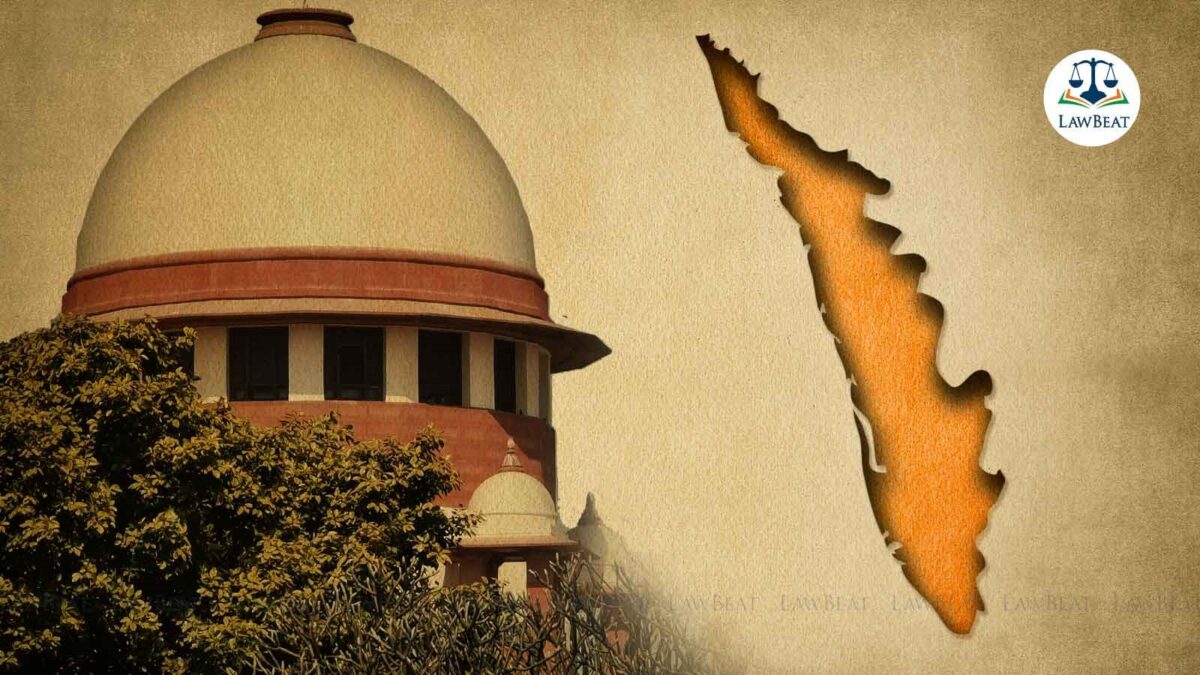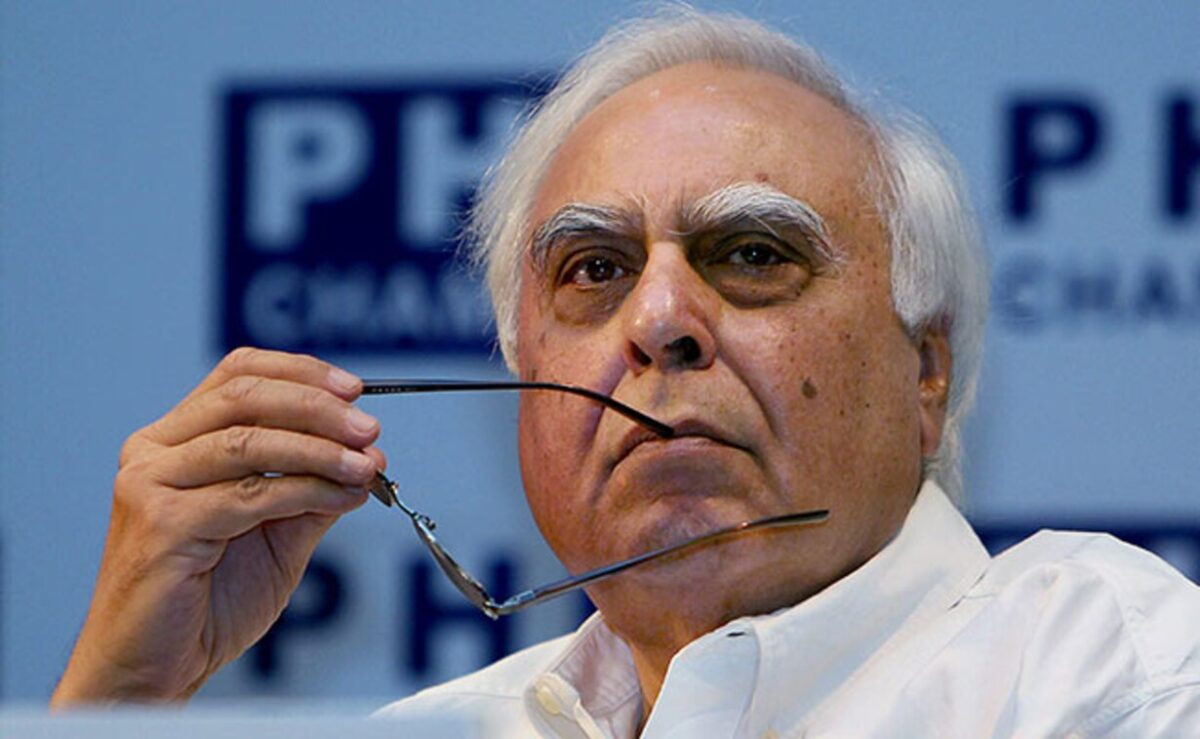Union government inflicted conditions on State of Kerala’s borrowings. The union will only give consent if the state withdraws the suit filed in the Supreme court.
A bench of the SC consisting of Justices Surya Kant and KV Viswanathan on March 6, 2024, heard the suit filed by the state under the Article 131 of the Constitution and disapproved of the condition imposed over the state of Kerala.

The bench understands the concerns of the union and allow them to inflict conditions before satisfying state’s demands. However, it cannot force the state to withdraw the suit.
The Union government offered Rs. 13068 crores of borrowings to the state of Kerala. Nevertheless, Senior Advocate Kapil Sibal, appearing for state of Kerala mentioned that the State is in serious financial trouble and cannot afford to pay salaries and dearness allowances. Only seven days’ worth of needs can be satisfied with the Rs 13,608 crores, even if it is approved. Sibal insisted that the State needs to borrow an extra Rs 50,000 crores.
AG R Venkataramai broach that the case is a matter of financial prudence and does not require court’s intervention. According to him, the State must first prove beyond a reasonable doubt that it is entitled to judicially question the Union’s decisions, which are made in accordance with its fiscal policy.
However, “It is right under Article 131” Justice Viswanathan stated.
Background of Union vs Kerala
This legal issue began in December when Kerala filed a petition with the Supreme Court, accusing the federal government of interfering too much with its fiscal matters. The state has argued that the Center has curtailed the state’s ability to borrow by imposing a Net Borrowing Ceiling (NBC) and including borrowings made by State Owned Enterprises in the computation of the NBC.
In a document filed with the court, the union administration justified its actions by stating that they were necessary steps to protect financial stability. On behalf of the Center, Attorney General Venkataramani emphasized the possible consequences of unrestrained state borrowing on the country’s credit rating and general financial stability. The Union’s position is based on the idea that in order to prevent state-level fiscal irresponsibility, larger economic issues require centralized monitoring.
In an affidavit, the Kerala government fiercely refuted this story, claiming that states have independent control over their public debts under the Constitution. In response, the state disputes the Union’s reading of Article 293 and argues that the procedure for permission described in the article protects the Union’s status as a creditor rather than granting broad authority to control state borrowing.
Current Situation:
The suit poses questions regarding the interpretation of Article 293 of the Constitution and the States’ ability to borrow money from the market without the Union’s approval.
But since the borrowings are not from the Union, Sibal focuses on establishing prima facie on the Union insisting on its consent.
The SC suggested the union and the state to resolve the dispute via administrative meeting. The bench asks the state to accept Rs. 13068 crores which the Union offered for a time being and make a case for the remaining in the meeting to be held. Concurrently the bench also asked the union to release as much amount as they can “subject to whatever conditions permissible as per the Constitution except the condition for the withdrawal of suit”.

Sibal focuses on the state of emergency in which state of Kerala is in currently. He tells there is a censorious overdraft and that if they miss two Tuesdays, they will not be able to borrow from RBI.
Attorney General argued that the State could not expect the Court to approve of the mess they had made. ASG argued that the Court should consider the effects on the economy, pointing out that the State’s projected revenue is barely half of the debt.
The bench noted that this was the first lawsuit of its sort and stated that it will look into the points brought forth.




1 Comment
I spent over three hours reading the internet today, and I haven’t come across any more compelling articles than yours. I think it’s more than worth it. I believe that the internet would be much more helpful than it is now if all bloggers and website proprietors produced stuff as excellent as you did.